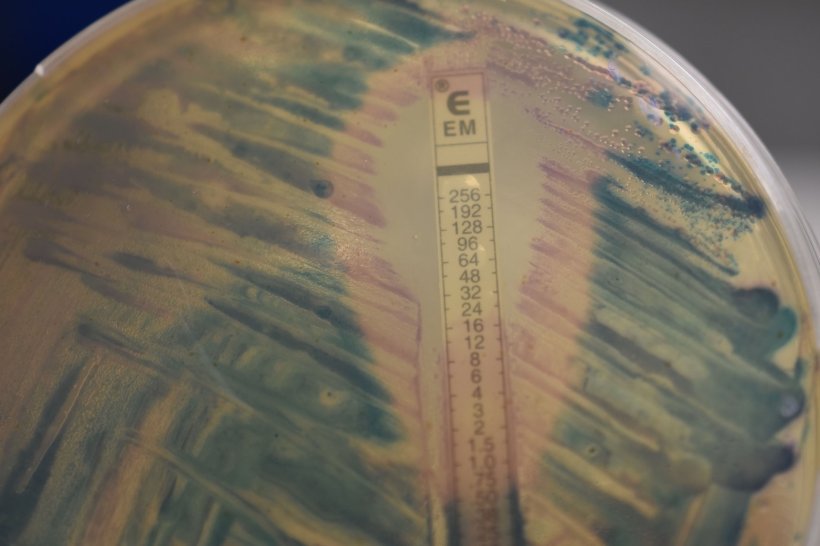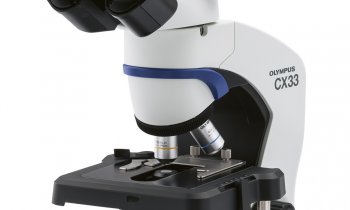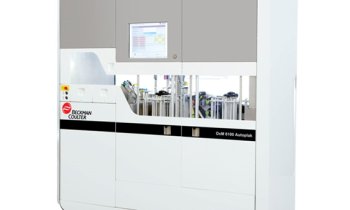
Image source: HUN-REN Biological Research Centre/Petra Szili
News • Concerning discovery
New antibiotics can develop resistance before even hitting the market
Researchers from the HUN-REN Biological Research Centre, Szeged (Hungary), have made a concerning discovery about the future of antibiotics.
Two recent studies, published in Nature Microbiology and Science Translational Medicine, found that resistance can develop against new antibiotics even before they are widely used, compromising their effectiveness from the start. The studies focused on five critical bacterial species that cause major hospital infections and examined 18 new antibiotics, some already on the market and others still in development.
"New antibiotics are often marketed as resistance-free, but this claim relies on limited data", says Csaba Pál, PhD, principal investigator. "Our research highlights a major issue: antibiotic development tends to prioritize broad-spectrum activity - that is the number of bacterial species a drug targets- over long-term sustainability. While many new antibiotics indeed offer a broader spectrum, this doesn’t guarantee they will remain effective in the long run in clinical use."
Recommended article

Article • Bacterial defense mechanism
Antibiotic resistance: a global threat to healthcare
Antimicrobial resistance (AMR) is becoming more prevalent around the world, constituting a serious threat to public health. When bacteria acquire resistance against antibiotics, common medical procedures – for example, in surgery – become impossible due to the high infection risk. Keep reading to find out about AMR research, development of new antibiotics and antibiotic alternatives.
The studies found that resistance developed rapidly against nearly all the tested antibiotics, defying earlier expectations. For example, teixobactin, once hailed as a revolutionary drug, was believed to be less prone to resistance. However, the research revealed that bacteria can adapt to it with this adaptation resulting in cross-resistance to other critical antibiotics. Alarmingly, the team also found that resistance mutations may already exist in bacterial populations, likely due to the overuse of older antibiotics and the shared resistance mechanisms between those and new drugs. These pre-existing mutations could render even the newest drugs ineffective shortly after they are introduced into clinical use.

Image source: HUN-REN Biological Research Centre/Petra Szili
The studies call for a fundamental shift in how antibiotics are developed. Drug companies must incorporate resistance studies early in the development process to anticipate and mitigate risks before antibiotics are released. Integrating resistance prediction and genetic surveillance into drug design could reduce the chances of failure. Lejla Daruka, PhD, one of the lead authors, notes, "Some new antibiotics show more promise than others, as resistance develops more slowly or only in specific bacterial species. Understanding why these drugs perform better is the next crucial step."
The studies emphasize the importance of prioritizing antibiotics with novel modes of action to bypass existing resistance. In cases where only certain bacterial species are prone to resistance, narrow-spectrum therapy could provide an effective alternative. Finally, the studies stress the urgency of responsible antibiotic use to slow down the evolution of resistance and ensure the prolonged efficacy of new treatments in the future.
Source: HUN-REN Biological Research Centre
01.02.2025











